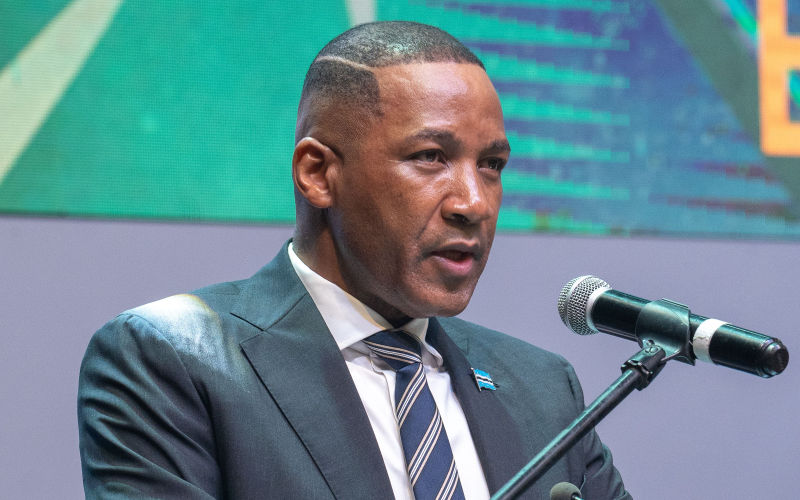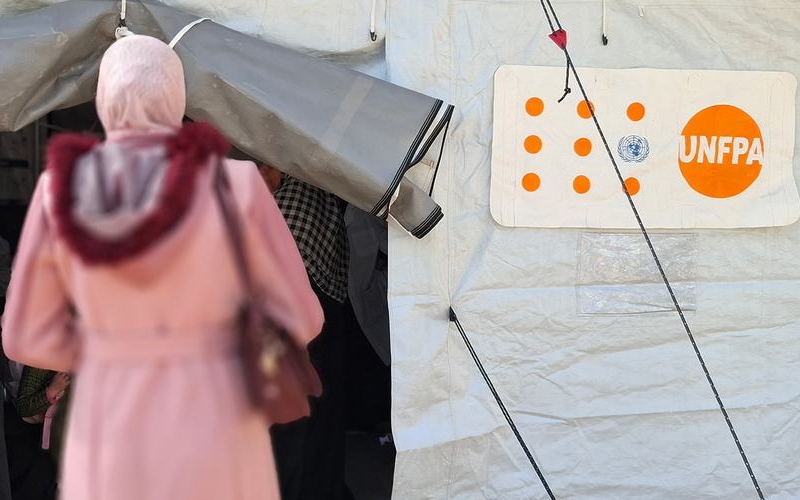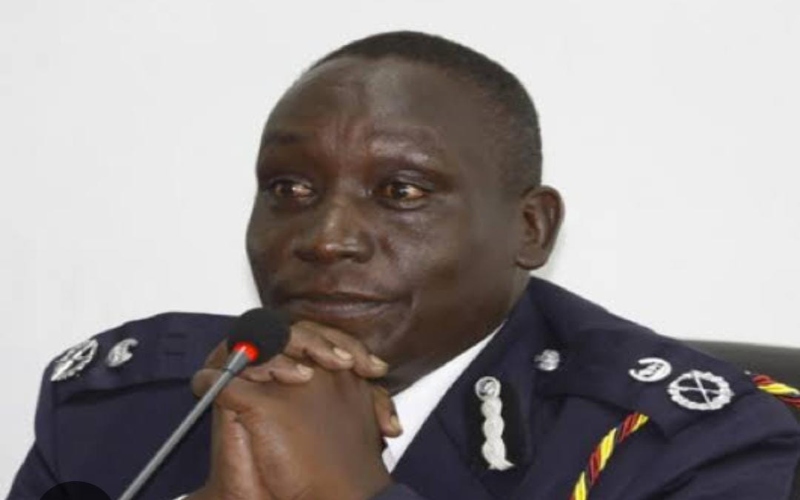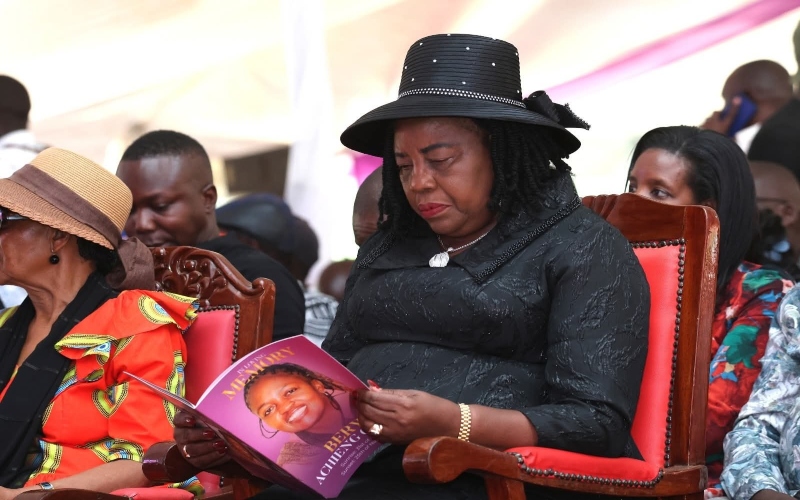Botswana declares national public health emergency as medicines run out

Botswana's economy is currently under pressure from falling global diamond prices, a major source of national income, alongside reductions in US aid.
Botswana has declared a public health emergency as the Southern African nation grapples with severe shortages of essential medicines and medical equipment.
President Duma Boko announced in a televised address on Monday, acknowledging that addressing the shortages would be difficult owing to the country's limited coffers.
Botswana's economy is currently under pressure from falling global diamond prices, a major source of national income, alongside reductions in US aid. Many of its 2.5 million citizens are now unemployed and grappling with rising poverty.
More To Read
- UNAIDS hails Kenya–US health framework as major boost for HIV response
- Global HIV response facing worst setback in decades, UNAIDS warns
- Surviving the next pandemic could depend on where you live
- Study in Botswana, Mauritius, Rwanda finds luxury tourism poses risks to African economies
- Drug shortage fears mount as distributors push for reinstatement of 21,000 blocked medicines
- Africa CDC, UNAIDS sign deal to strengthen HIV response, epidemic preparedness
"The medical supply chain, as run by central medical stores, has failed. This failure has led to a severe disruption to health supplies countrywide," he said.
However, Boko outlined a comprehensive response to the crisis, revealing that his government had established a 5 billion pula ($348 million) emergency plan to mitigate the medical supplies shortage.
The Botswana Development Corporation has committed an initial 100 million pula toward the initiative, according to Boko.
As part of the emergency response, Reuters reports, military trucks began transporting supplies from the capital, Gaborone, to remote regions on Monday evening.
"This declaration is ensuring that there is an immediate alignment of all legal and regulatory instruments to ensure that there exists no legal or regulatory impediments toward the mobilisation of required resources needed to address this health emergency," he said.
Earlier this month, Botswana's Ministry of Health warned of significant operational challenges, with debts topping one billion pula, largely from patients turning to private hospitals for services not offered publicly.
Health Minister Dr Stephen Modise highlighted shortages of essential drugs and medical supplies for treating cancers, HIV, tuberculosis, and other critical conditions.
US aid support previously covered about a third of Botswana's HIV response initiatives, according to UNAIDS, but funding reductions under the Donald Trump administration have further exacerbated the crisis.
As a result, the Ministry of Health temporarily suspended referrals for elective procedures, non-urgent treatments and organ transplants.
Top Stories Today















































